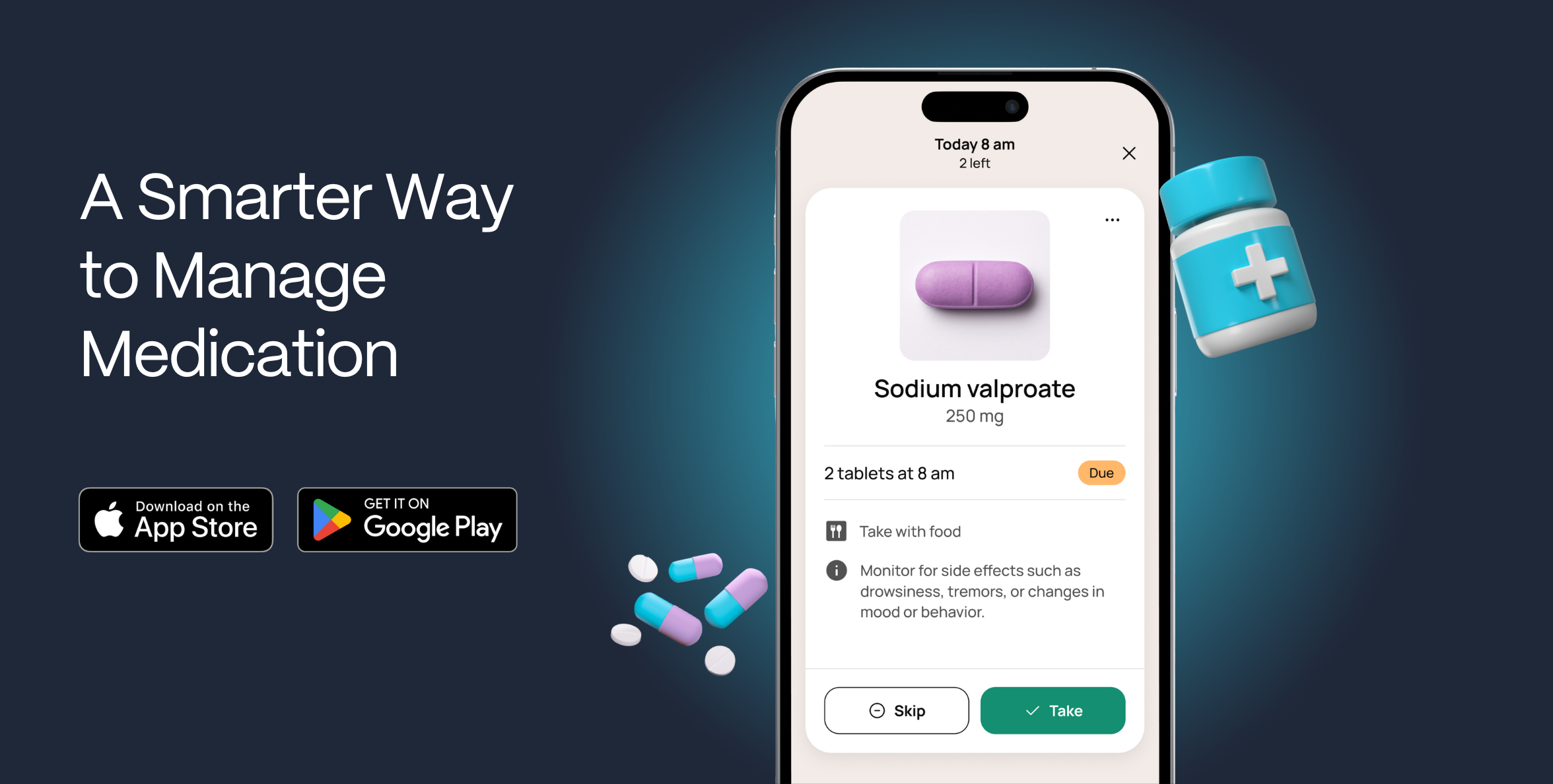Healthcare
Jul 1, 2025
Why U.S. Healthcare Costs Are Rising, and How Cappsule Helps Bend the Curve

In 2023, U.S. healthcare spending surged to $4.9 trillion, marking a 7.5% increase from the previous year. This growth outpaced the nation's GDP growth of 2.9%, highlighting a pressing issue for patients, providers, and policymakers alike (Reuters).
What's Driving the Surge in Healthcare Costs?
Several factors contribute to the escalating healthcare expenditures:
- Increased Utilization of Services: Post-pandemic, there's been a notable rise in the use and intensity of medical services, leading to higher overall spending (CMS)
- Rising Hospital Care Costs: Hospital care spending grew by 10.4% in 2023, the fastest rate since 1990, reaching $1.5 trillion and accounting for 31% of total healthcare expenditures (CMS).
- Prescription Drug Spending: Retail prescription drug expenditures increased by 11.4%, driven by the use of newer, high-cost medications (Commonwealth Fund).
- Labor Costs: Healthcare labor expenses, which constitute around 60% of total costs, are escalating due to workforce shortages and wage increases (HealthManagement).
Strategies to Manage Rising Healthcare Costs
To address these challenges, healthcare organizations can implement several strategies:
- Adopt Value-Based Care Models (HR Fraternity)
- Leverage Technology for Efficiency (HR Fraternity)
- Enhance Preventive Care (HR Fraternity)
- Invest in Workforce Development (HealthManagement)
How Cappsule Supports Sustainable Healthcare
Cappsule is committed to transforming healthcare delivery by:
- Empowering Providers: Offering tools that streamline workflows and reduce administrative burdens, allowing clinicians to focus more on patient care.
- Enhancing Patient Engagement: Providing platforms that facilitate better communication and adherence to treatment plans.
- Supporting Preventive Care: Implementing solutions that promote early detection and management of health conditions.
By integrating these approaches, Cappsule aims to mitigate rising healthcare costs while ensuring high-quality, patient-centered care.







.png)